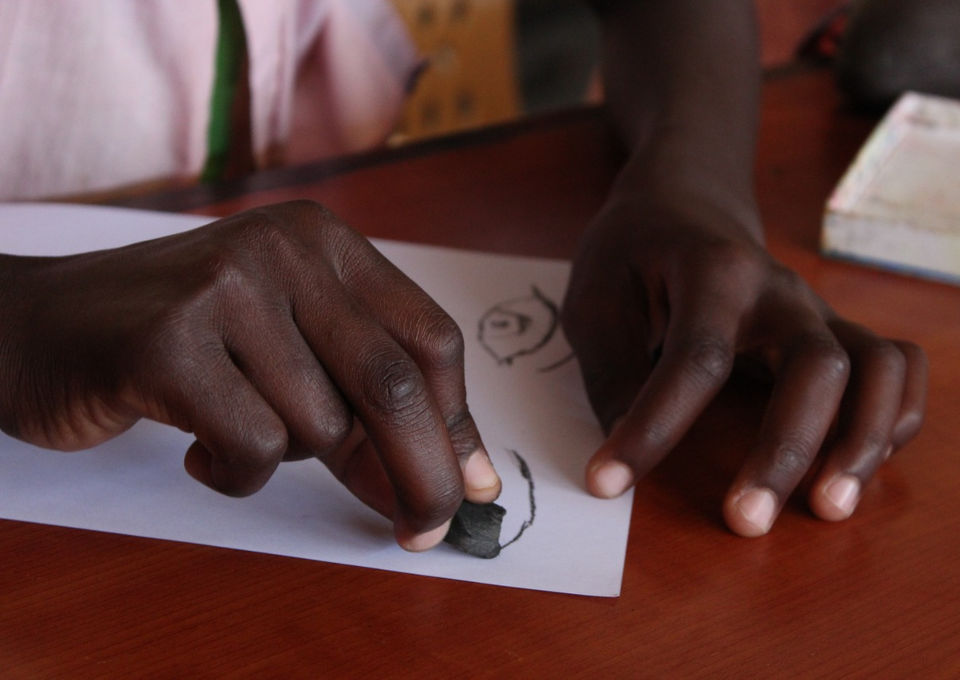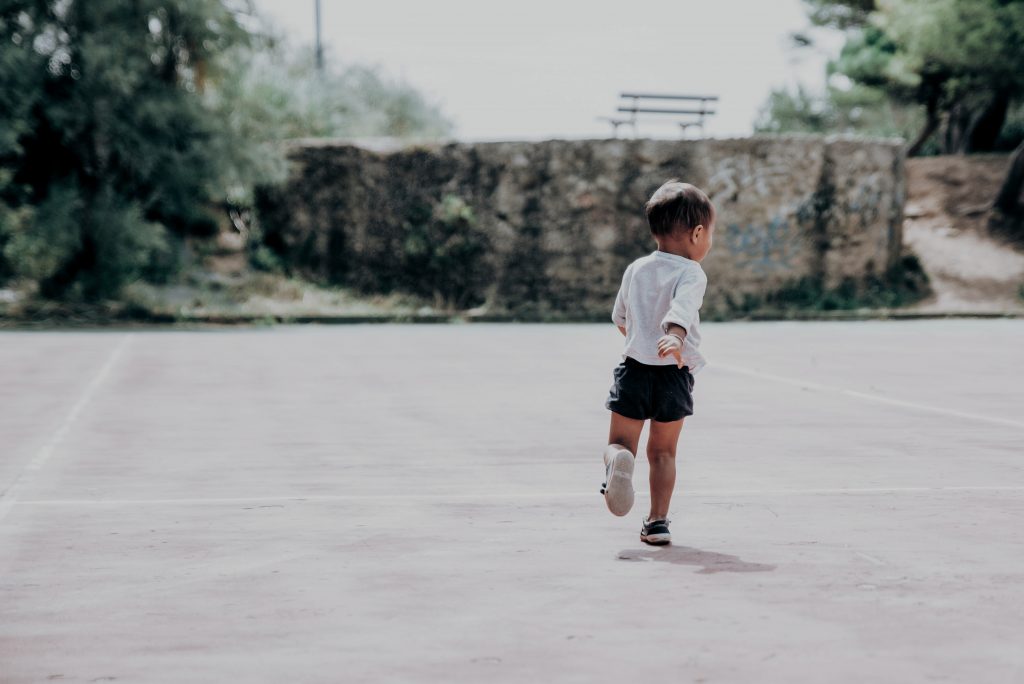All professionals involved in the family justice system have long been aware that some parents will experience more than one set of care proceedings. Read More
Parental Advocacy Online Workshops
** WALES ONLY** Parent Advocacy Online Workshop (Wales) We are inviting social work practitioners and managers, parental advocates, parents, advocacy managers, family support workers and academics in Wales to participate in an online workshop on parental advocacy and its effectiveness in supporting parents whose children are open to social care. The event is part of… Read More
Reframing adoption in education through identity
For adoptees, a persistent and enduring education attainment gap exists. Experiences of schooling are further impacted by wider contextual factors, such as the construction of a consistent and coherent adoption narrative. Adopted children are set apart from most of their peers in relation to their experience of early adversities, leading to an entirely different family… Read More
KEEPING CONNECTED
An adopted child’s identity will always encompass multiple elements and a child’s long term psychological and mental health depends on finding answers to fundamental questions about who they are. All children looked after will have a contact plan, including those to be adopted. This can be either direct/face-to-face or indirect (e.g., ‘letterbox’[1]). For many years… Read More
Early Permanence
Early Permanence is a child-centred practice that offers stability at a very early stage, preventing multiple moves and the associated trauma of separation from and loss of attachment figures, until a court has reached a decision about the final care plan for a child. The need for good quality care planning for children and twin… Read More
Race in Adoption, the Absent Presence.
In the 1960’s children from Black and Global Majority backgrounds were considered unadoptable and transracial adoption (TRA) was encouraged to prevent children from staying in long-term foster or residential care. Though as the testimonies of some transracially adopted adults were heard, the ability of TRA to provide children with positive racial/ethnic identities and a sense… Read More
Two mothers, one child: an adoptive mother and birth mother with direct contact
Abbie lived in the South of England and had been invited to help on the playscheme, because she had knowledge and experience of a type of communication strategy that the school were trying to introduce. I had been family finding for T for about a year and had found one potential match which fell through.… Read More
Why do prospective adoptive parents choose to adopt older children?
The assessment process Prospective adoptive parents in the UK context are required to go through an assessment process. As part of the assessment process, prospective parents are required to undertake adoption preparation training where they learn about the potential needs of children who will be placed with them. During this preparation and assessment process, prospective… Read More
How many is too many?
Person is guilty Person is innocent Person is judged guilty True positive False positive Person is judged not-guilty False negative True negative In the context of child and family social work, the more abused children we identify, the more families will undergo child protection investigations. The more children we keep from being seriously maltreated, the… Read More
Exploring cultural competence
This open course offers an introduction to the concept of Cultural Competence and what this means in the context of fostering, kinship and adoption work. This session explores the knowledge and understanding needed to complement a culturally competence approach and aims to increase practitioners’ confidence in working with diversity and difference… Read More











